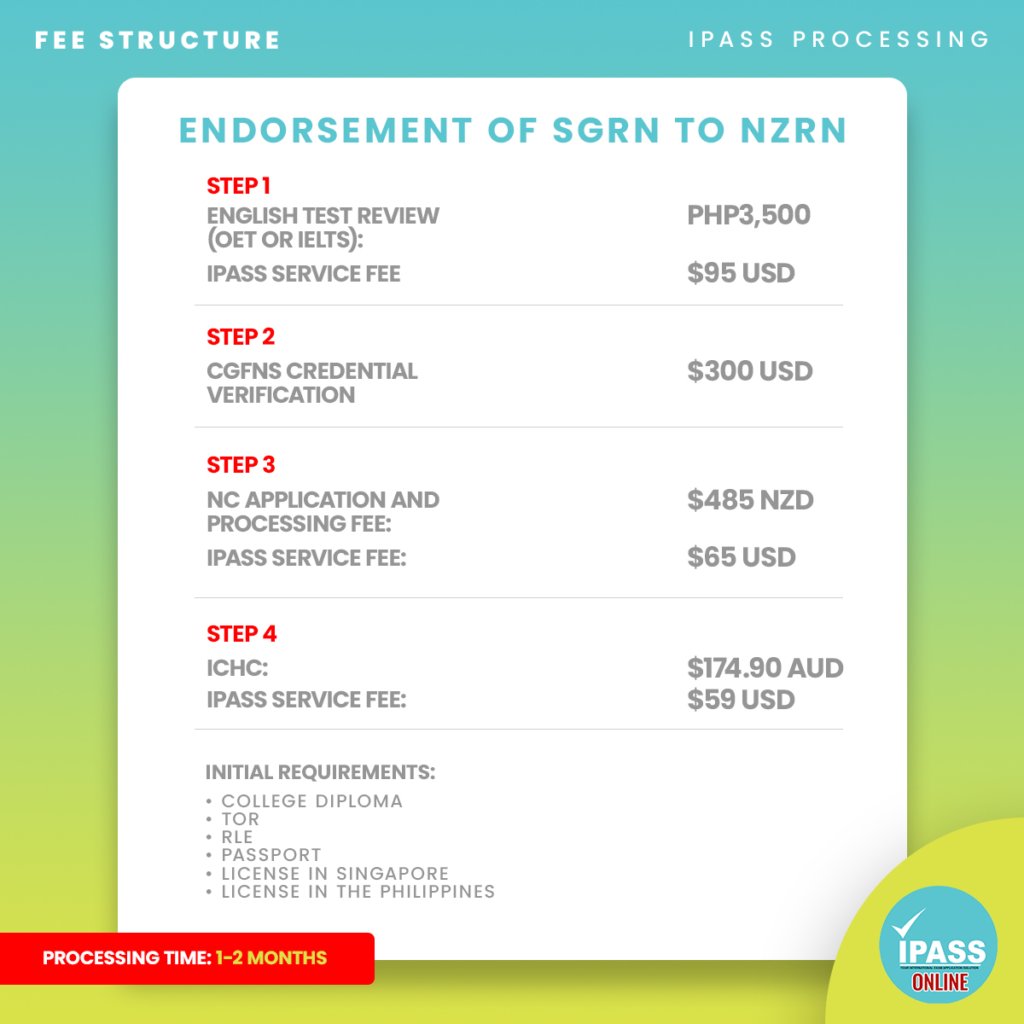Children are more than just happy faces. Their physiological processes, how they take medications, and how they think are all different compared to adults. Moreover, new parents view child care as an extension of their home. Hence, they have a high demand for hospitals to have great pediatric patient care and cater to children’s developmental needs.
The new parent generation expects hospitals to offer dedicated patient care, healthy meals, and activities that stimulate growth in their children’s development areas. However, when children get admitted, it can be stressful. In addition, child patients face unique challenges when being treated in the hospital, which makes care an essential factor in their recovery process.
Doctors need quick and easy solutions to improve pediatric patient care and provide children with the best care possible. These simple solutions can make a big difference for these young patients and their families.
What is Pediatric Patient Care?
Pediatrics is the area of medicine that deals with the well-being and medical treatment of newborns, young children, and teenagers from birth to 18. Pediatrics is not only concerned with simple illnesses but also the long-term implications on quality of life, disability, and survival.
Children who require intensive care and have urgent medical demands that the staff can not fulfill on the hospital’s main medical floors will get admitted to the pediatric intensive care unit or PICU. This matter can include children with severe asthmatic breathing issues, diabetes complications, life-threatening illnesses, and deadly accidents and situations.
Many kids get treatment in the PICU for several days following major surgery. The state of the child determines how long they remain in the PICU. While some might remain for a day, others might stay for several weeks or months. If you have any questions, as usual, ask the doctor or nurse who is attending to your kid.
During these times, children worry about being isolated from their friends, disrupting their social lives, altering their body image, or losing their autonomy, privacy, and control. However, there are various ways to help these children. According to Brianna O’Connell, program lead with the Simulator Program (SIMPeds) at Boston Children’s Hospital, medical simulations and demonstrations have been beneficial in allaying these fears. That is because they are both exciting and tangible.
Here are ways you can help improve patient care for children.
Establish a Welcoming Environment
Many children get frightened or anxious in the all-white spaces of hospital rooms. Moreover, there are instances wherein hearing that they are going to the hospital scares some kids. Thus, promoting a sense of security and establishing a welcoming pediatric patient care environment is necessary.
Comfortable furniture, gentle lighting, warm artwork, and calming colors in your patients’ and their families’ rooms can reduce stress. Moreover, using them in the hospital’s public areas can enhance the patient’s overall experience. In addition, noise-canceling flooring and ceiling tiles can help lessen noise and encourage sound sleep. Finally, switching from public address systems to encrypted, HIPAA-compliant text messaging can help achieve this objective.
Nurse-Patient Connection
To see children being content and happy, doctors and nurses must know if they are served appropriately. However, communication between patients, parents, and staff frequently suffers in a crowded hospital environment. As a result, parents may have a different impression from your staff’s perception of how well they handled the pertinent information presentation.
A strong nurse-patient communication plan begins with a personal touch. Staff can improve communication by being empathic. This includes explaining diagnosis and treatment choices in plain language, offering updates on wait times, asking open-ended questions, and addressing concerns sympathetically.
Planning for staff-patient communication gives medical personnel a checklist of crucial issues to discuss. Additionally, nurses must ensure that patients know how to contact a doctor or other medical professional members if they have questions about the children’s diagnosis or their course of treatment.
The nurses who staff the PICU have experience tending to the hospital’s sickest kids. Moreover, they are the ones most intimately involved with the day-to-day upkeep of the children. As a result, the PICU frequently has a larger nurse-to-patient ratio than other hospital areas.
Numerous highly trained individuals work in the PICU. However, at first, it can be difficult and a little daunting not to know who everyone is and what they do. Most people will make an introduction and explain their role in your child’s care. If not, feel free to inquire since you should always be able to ask the physicians and nurses about your child and the care they are receiving.
Tools of Comfort
A child can feel more at home in the hospital with their favorite toy, a plush animal, or a book. Older kids and teenagers feel cut off from the outside world if they cannot use their phones, open their laptops or iPads, and play video games. Thus, having a television or video game console in each room can help the children be at ease.
Patients’ and their parents’ ability to charge phones and other gadgets while hospitalized will be made possible by the abundance of outlets in rooms and public areas. This way, their life inside a hospital room can be comfortable, like they never went out of their house.
When hospitals take initiatives to enhance the pediatric patient care, they must keep in mind the specific requirements of children. For example, a friendly, open atmosphere will improve patient satisfaction and make hospital visits more comfortable for kids and their families.
Be an Example
Most of the time, kids are malleable and want to imitate what adults do in their lives. Thus, healthcare practitioners must be an advocate for all children, helping families make lifestyle improvements. That is why we should be an example to children of being healthy and having a healthy lifestyle. The first step in encouraging kids to choose to be healthy must be at home.
Children can obtain the exercise their growing bodies require by creating family-friendly activities. In addition, proper nutrition and exercise that builds bone density are crucial for the best possible development and growth.
Understanding Them
To provide better pediatric patient care, you must consider developmental age and make sure to communicate clearly and efficiently. Always explain procedures and interventions to the youngster in layman’s terms. No matter where they work, nurses encounter children regularly. Therefore, it is crucial to understand that you must carefully handle children.
Depending on the child’s age, you might wish to practice interventions on a parent or a doll first. Another technique to assist the child feel less fearful and more agreeable is handling and touching the equipment. Gaining the participation of the juvenile patient requires building trust.
To care for children safely, knowing how and when to handle them is necessary to understand their differences. Moreover, take parental concerns seriously, and the family should be involved in the child’s care. Assessment and treatment of pediatric patients can benefit from the input of parents. Treating children and their families can be a delightful experience with the correct information and mindset.
These little ones are more than just smiling faces. Their physiological functions, medication regimens, and mental processes are all different. Additionally, children grow into young adults. By starting a regular healthcare program early in infancy, kids can grow up healthy.
The Bottom Line
A child can be a delight, but it can be taxing to some. Regardless of your opinion, it is a fact that children are our nation’s future. Everywhere they work, nurses frequently come into contact with children. Therefore, you must understand that you should handle kids with extreme caution.
Taking care of them means taking care of tomorrow. To feel secure, one has to feel both physically and psychologically safe. Therefore, the atmosphere of pediatric patient healthcare depends more than any other activity on our list.
We at IPASS have your back! IPASS Processing offers its service to nurses who wish to apply for the NCLEX in the United States. We ensure to provide and deliver you a smooth and hassle-free NCLEX application. For more inquiries, contact us now!














No Comments